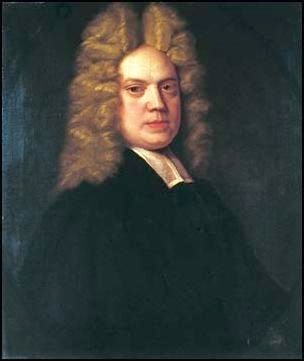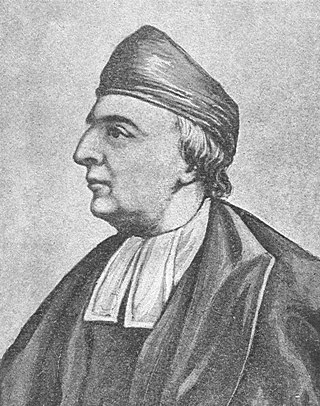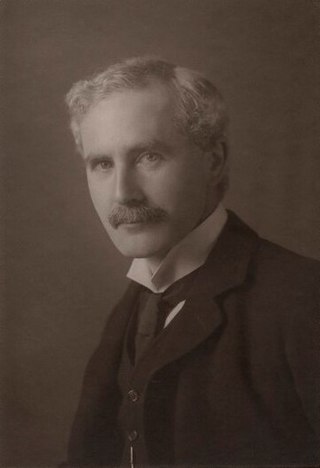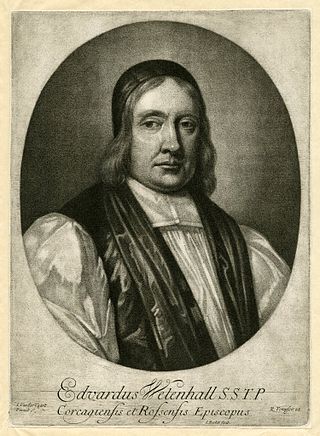
Alexander Pope was an English poet, translator, and satirist of the Enlightenment era who is considered one of the most prominent English poets of the early 18th century. An exponent of Augustan literature, Pope is best known for his satirical and discursive poetry including The Rape of the Lock, The Dunciad, and An Essay on Criticism, and for his translations of Homer.

John Dryden was an English poet, literary critic, translator, and playwright who in 1668 was appointed England's first Poet Laureate.

John Arbuthnot FRS, often known simply as Dr Arbuthnot, was a Scottish physician, satirist and polymath in London. He is best remembered for his contributions to mathematics, his membership in the Scriblerus Club, and for inventing the figure of John Bull.

David Mallet was a Scottish poet and dramatist.
Edmund Curll was an English bookseller and publisher. His name has become synonymous, through the attacks on him by Alexander Pope, with unscrupulous publication and publicity. Curll rose from poverty to wealth through his publishing, and he did this by approaching book printing in a mercenary and unscrupulous manner. By cashing in on scandals, publishing pornography, offering up patent medicine, using all publicity as good publicity, he managed a small empire of printing houses. He would publish high and low quality writing alike, so long as it sold. He was born in the West Country, and his late and incomplete recollections say that his father was a tradesman. He was an apprentice to a London bookseller in 1698 when he began his career.

Francis Atterbury was an English man of letters, politician and bishop. A High Church Tory and Jacobite, he gained patronage under Queen Anne, but was mistrusted by the Hanoverian Whig ministries, and banished for communicating with the Old Pretender in the Atterbury Plot. He was a noted wit and a gifted preacher.

Henry Sacheverell was an English high church Anglican clergyman who achieved nationwide fame in 1709 after preaching an incendiary 5 November sermon. He was subsequently impeached by the House of Commons and though he was found guilty, his light punishment was seen as a vindication and he became a popular figure in the country, contributing to the Tories' landslide victory at the general election of 1710.

Sir Richard Blackmore, English poet and physician, is remembered primarily as the object of satire and as an epic poet, but he was also a respected medical doctor and theologian.

John Philips was an 18th-century English poet.

Samuel Wesley was a clergyman of the Church of England, a poet, and a writer. He was the father of John Wesley and Charles Wesley, the founders of Methodism.

John William Mackail was a Scottish academic of Oxford University and reformer of the British education system.

Nationality words link to articles with information on the nation's poetry or literature.
Nationality words link to articles with information on the nation's poetry or literature.
Nationality words link to articles with information on the nation's poetry or literature.
Nationality words link to articles with information on the nation's poetry or literature.
Nationality words link to articles with information on the nation's poetry or literature.
The Eneados is a translation into Middle Scots of Virgil's Latin Aeneid, completed by the poet and clergyman Gavin Douglas in 1513.
Nationality words link to articles with information on the nation's poetry or literature.
Luke Milbourne or Milbourn (1649–1720) was an English clergyman, known as a High Church supporter of Henry Sacheverell, and also as a critic and poet.

Edward Wetenhall (1636–1713) was an English bishop of the Church of Ireland. His name is also spelled Wettenhall, Whetenhall, Whitnall, Withnoll, and Wythnall.












